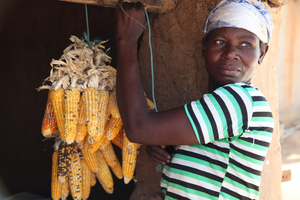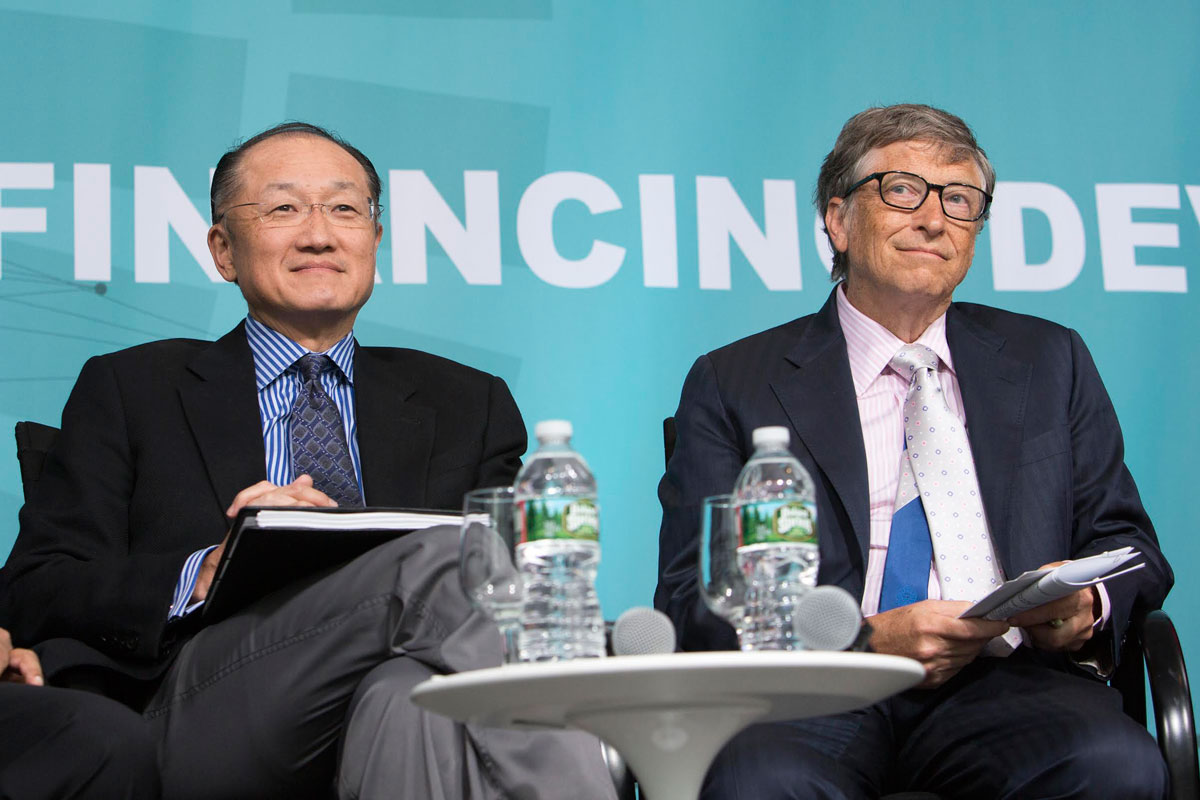By Johanna Lundahl, AGRA Watch Intern

Grain, an international non-profit focused on supporting small farmers, and community controlled food systems, provided an update on the free trade agreements that affect farmer’s rights to save and plant seeds of their choosing, in a piece called New Trade Deals Legalize Corporate Theft, Make farmer’s Seeds Illegal. The article is the latest in a series of opinion pieces called Against the Grain, published by the non-profit.
The article points out that these trade deals, negotiated on entirely in secret and outside of the World Trade Organization (WTO), have gone far beyond the existing international standards for patenting forms of life. The 1994 WTO agreement for trade related aspects of intellectual property rights (TRIPs) was the first international agreement on the owning of organisms. Through TRIPs, representatives of Dow, Syngenta, and Monsanto ensured that their companies could make a profit off of the seeds they had spent the money to engineer. By preventing farmers from re-using seeds, farmers were forced to buy new seeds every year from the same companies, making their seeds and livestock more expensive, and transforming life into a commodity that corporations can own and control. Continue reading “Trade Deals like the TPP Further Criminalize Farmer Seed Saving, Legalize Corporate Theft”


 The Agroecology Fund and the Alliance for Food Sovereignty in Africa (AFSA) hosted a learning exchange summit from May 10-13, 2016. Farmers and farmer advocates convened in Masaka, Uganda, with the collective vision to “amplify agroecology solutions.” Attendees documented the summit using the hashtag #AgroecologyVoices.
The Agroecology Fund and the Alliance for Food Sovereignty in Africa (AFSA) hosted a learning exchange summit from May 10-13, 2016. Farmers and farmer advocates convened in Masaka, Uganda, with the collective vision to “amplify agroecology solutions.” Attendees documented the summit using the hashtag #AgroecologyVoices. 





 Last month, Other Worlds, an organization that promotes economic and environmental justice, published the second article of their seven part series on African seed and food sovereignty. The article, titled “Dangers of the Gates Foundation: Displacing Seeds and Farmers,” features information gathered from the founder and director of the African Centre for Biodiversity, and AGRA Watch partner, Mariam Mayet. It discusses the role that the Gates Foundation plays in displacing traditional agricultural practices through investment in a green revolution in Africa.
Last month, Other Worlds, an organization that promotes economic and environmental justice, published the second article of their seven part series on African seed and food sovereignty. The article, titled “Dangers of the Gates Foundation: Displacing Seeds and Farmers,” features information gathered from the founder and director of the African Centre for Biodiversity, and AGRA Watch partner, Mariam Mayet. It discusses the role that the Gates Foundation plays in displacing traditional agricultural practices through investment in a green revolution in Africa.